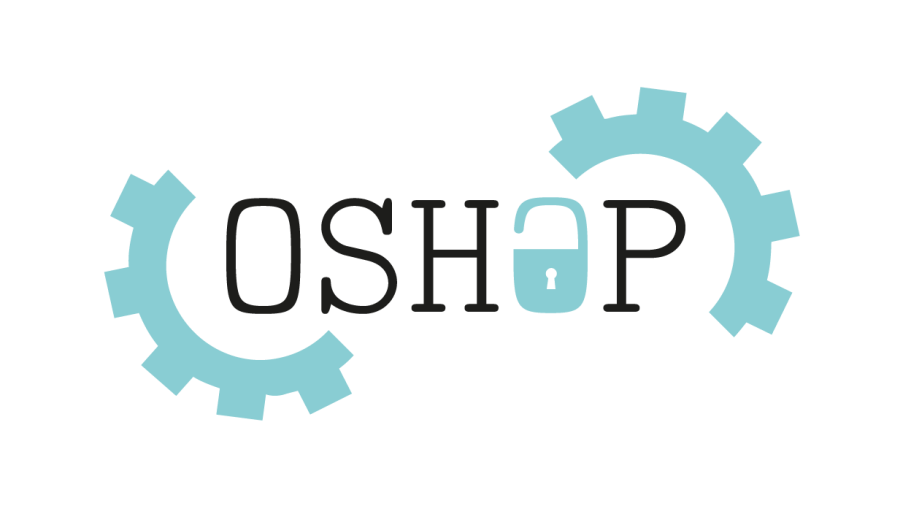Material extrusion printer for pastes based on a commercial desktop filament printer for plastics
Meike Denker, Moritz Lamottke, Lisa Kühnel, Leif Micke, Henning Zeidler
Zitierfähige URL: https://nbn-resolving.org/urn:nbn:de:bsz:520-qucosa2-944665
DOI: wird noch ergänzt
Keywords
Additive Manufacturing, Material Extrusion, Pastes, Material Development
Abstract
New materials are constantly being developed for additive manufacturing. Therefore, they are ideally trialled and tested in small quantities first. Particularly in the development of pastes from bio-based residues, the rapid adaptation of the material with regard to process parameters is of crucial importance. Based on a low-cost, commercially available material extruder for plastics (MEX-TRB/P), an extruder for processing pastes is being developed with the aim of minimising the work steps involved in installing the material container and keeping assembly, disassembly and cleaning as simple as possible. All the components required for the extruder can either be manufactured with MEX-TRB/P or are available as easily accessible purchased parts. The required STL files for the components and a list of other purchased components for the extruder will be made available as open source via the SAMSax platform, among others. The extruder is controlled via Klipper on Repetier Server.
Lizenz/Rechtehinweis: CC BY 4.0
Volltext (PDF)
A Survey of Open Source Hardware Developers - Perspectives on Digital Platform-Based Product Development
Dominik Saubke, Pascal Krenz, Tobias Redlich
Zitierfähige URL: https://nbn-resolving.org/urn:nbn:de:bsz:520-qucosa2-944341
DOI: wird noch ergänzt
Keywords
Open Source Hardware, Co-Creation, Open Innovation, Product Development
Abstract
Shifting priorities toward sustainability, longevity, and individuality necessitates adapted value-creation concepts. One promising approach to address these needs is adopting openness in product development. In line with the Open Design Paradigm, the aim is to make the technical documentation accessible to everyone and modifiable, indirectly turning the resulting product into Open Source Hardware (OSH). In this way, the knowledge of many can be pooled, and new innovations can be created. However, OSH frequently suffers from inadequate documentation. To enhance the quality, a reorganisation of product development processes could be beneficial. This may involve the adoption of novel methods and collaborative processes. One promising approach is the implementation of ideation contests, which allow participants to publicly share their ideas and receive early-stage feedback and community ratings. However, the question ensues: What is the subsequent course of action when current platforms seem incapable of integrating established knowledge about product development processes and existing collaborative methods appear to fail? As part of a research project, over 40 participants of an ideation contest were surveyed on Product Innovation, Product Development and Product Processing. The results will be presented in this article to provide a better understanding of the requirements and needs of developers for the structure of platforms for digital collaborative development.
Lizenz/Rechtehinweis: CC BY 4.0
Volltext (PDF)
Open-Source Hardware in the light of European Product Liability Law
Lisa Haller
Zitierfähige URL: https://nbn-resolving.org/urn:nbn:de:bsz:520-qucosa2-944528
DOI: wird noch ergänzt
Keywords
Product Liability, German Produkthaftungsgesetz (ProdHaftG), European Product Liability Directive
Abstract
The article will outline the provisions of the German ProdHaftG con-cerning OSH. It will shortly explain the key points of liability under the German Product Liability Act. Special focus will be given to the EU Product Liability Directive adopted in 2024 which will replace the Product Liability Directive from 1985. The new directive, that the German legislator must implement in national law, brings a few changes, and aims at adapting the directive to the digital age. Of significant interest is recital 14 of the directive, which states that the new directive should not apply to “[…] free and open-source software developed or supplied outside the course of a commercial activity.” OSH, however, is not explicitly excluded from the scope of the new product liability directive. Therefore, the question arises as to whether this statutory privilege clause for Open-Source Software should also apply to OSH since both are developed or supplied for non-commercial purposes.
Lizenz/Rechtehinweis: CC BY 4.0
Volltext (PDF)
Promoting and Advancing Hydrogen Fuel Cell Technologies
Burghard Lutter, Leander Kucklick, Livia Wiedau, Roland Bartholomaeus, Alexandra Muskatewitz, Cid Benz, Volker Peinecke, Theresa Schredelseker
Zitierfähige URL: https://nbn-resolving.org/urn:nbn:de:bsz:520-qucosa2-944694
DOI: wird noch ergänzt
Keywords
Open Source, Open Hardware, Open Science, Fuel Cell, Hydrogen Technologies, Energy Science, PEMFC, Additive Manufacturing
Abstract
The 'Open Fuel Cell' (OFC) is an open hardware initiative of the Chairs of Energy Technology and Manufacturing Technology at the University of Duisburg-Essen and the Hydrogen and Fuel Cell Center ZBT. We documented the manufacturing of a passive proton-exchange membrane fuel cell (PEMFC) using easily accessible materials and instruments, such as 3D-printers and com-puter numerical control (CNC) milling machines. Materials and construction pro-tocols can be downloaded at https://openfuelcell.org/. The OFC can be operated with a commercially available small hydrogen storage container. While the OFC can be used to operate low power electrical consumers (LED light strips, small fan) the main purpose is to offer a low-cost experimental environment to explore the electrochemical correlations of a PEMFC as well as the engineering involved in the construction and design of such a cell and thereby to spark the fascination for hydrogen technologies. However, we are confronted not just with inquiries from schools but also from universities of applied sciences. Their funding often does not allow to purchase standard fuel cell test rigs and they intend to use the OFC both in research and teaching. We present the OFC as an open science plat-form on which schools, universities, maker spaces and businesses can build upon. We hope to have launched an open hardware system that grows through commu-nity contributions, propelling a fast transition to a carbon-free energy system.
Lizenz/Rechtehinweis: CC BY-NC-SA 4.0
Volltext (PDF)
Wir benötigen Ihre Zustimmung zum Laden der Übersetzungen
Wir nutzen einen Drittanbieter-Service, um den Inhalt der Website zu übersetzen, der möglicherweise Daten über Ihre Aktivitäten sammelt. Bitte überprüfen Sie die Details in der Datenschutzerklärung und akzeptieren Sie den Dienst, um die Übersetzungen zu sehen.

